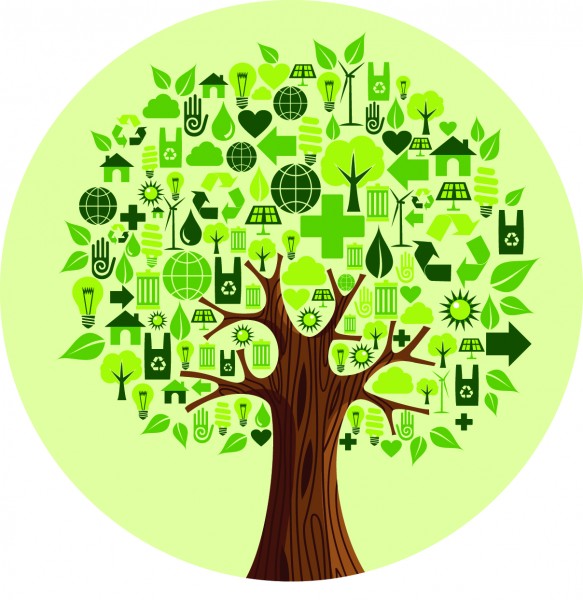The sustainability theme is increasingly more important in any economic sector of Brazil. For the agricultural market, and more specifically for the coffee market, the scenario is not different. In times when global population is growing at an exponential rate the need to expand food production continues in the same rhythm, and it is fundamental that the productive processes of the segment become increasingly more efficient and sustainable, to ensure food supply without any impact to the environment.

In the context of sustainability, a theme that is gaining a big impact in Brazil is the New Forestry Code. Enacted in 2012, the document is a milestone for the alignment between natural resources conservation and agricultural production.
The new Code arrived as an asset that has an important role in the renewed Brazilian economic growth, since it provides security for the generation of income and jobs to Brazilian farmers. Furthermore, it will add more value to the actions already performed by the Brazilian agricultural industry, which for many years has been working in a relentless pursuit for innovations and technologies that contribute to the development of more sustainable productive processes.
The national coffee crops are an example of that, since they have steadily evolved over time, reducing plantation spacing, creating new varieties and using technical improvements in fertilization, soil management and pest controls, which resulted in practically increasing its production capacity three-fold, conserving water resources and the ecological balance of productive regions. Now, with the new Forestry Code, the industry tends to evolve even more.
One of the important points of the new Forestry Code is that it maintains Legal Reserves percentages corresponding to the location of each property. In this sense, coffee growers – and growers of any other type of crop, can recover part of the legal reserves area by planting commercial trees species, adding value to their production.
If we take into consideration that sustainability literally means continuity, undoubtedly the economic exploitation of the legal reserves areas through sustainable management is in line with what we intend to achieve.
In addition, the Code brought, among its many provisions, the Rural Environmental Registry (CAR); and the Environmental Regularization Program (PRA). Joining all registries prepared by the rural owners themselves as a statement will result in a photo of land use and occupation, which will be the fundamental basis for Brazil’s agricultural and socioeconomic development.
From a practical territory viewpoint, CAR enables managing the supply chain and can bring security to buyers regarding traceability, since with CAR we can understand the location of the properties and what is happening within their boundaries.
When Brazilian agricultural growers as a whole, including coffee farmers, adopt the CAR they will move one step ahead towards a more efficient control of their productive processes, adding more quality, sustainability and higher levels of competitiveness. Undoubtedly, those are fundamental ingredients for a globalized world, where final consumers are increasingly more demanding and want to know the origin, quality and sustainability of the products they use.
Considering all the above points, we have the conviction that Brazilian agricultural industry, where coffee is completely inserted, is in the right path for an increasingly more productive and sustainable future. Now is the time to move ahead!
Marjorie Miranda – Coordinator of the Social Responsibility and Sustainability Programs of Cecafe.


Leave A Comment